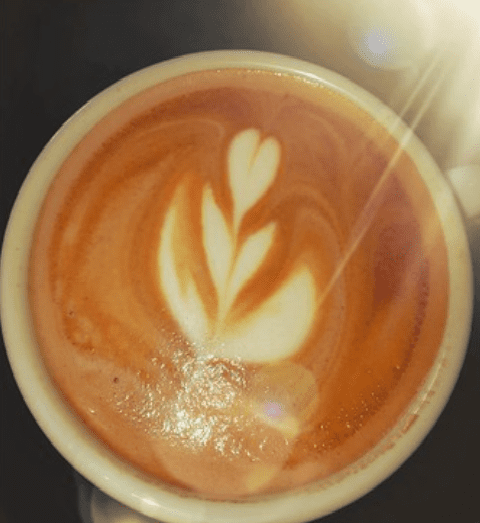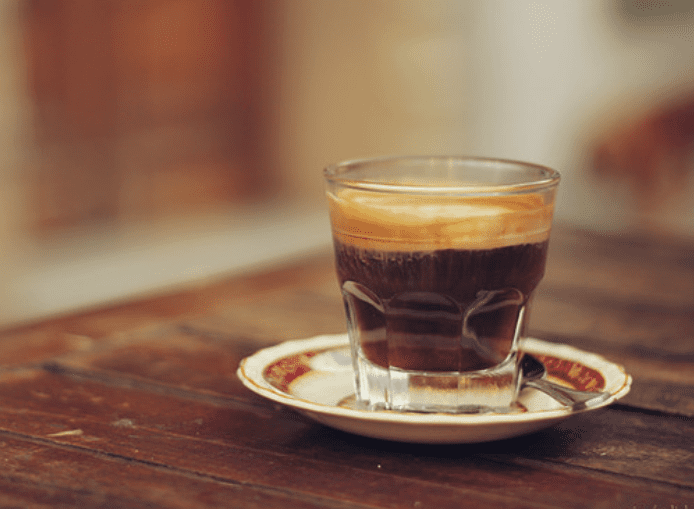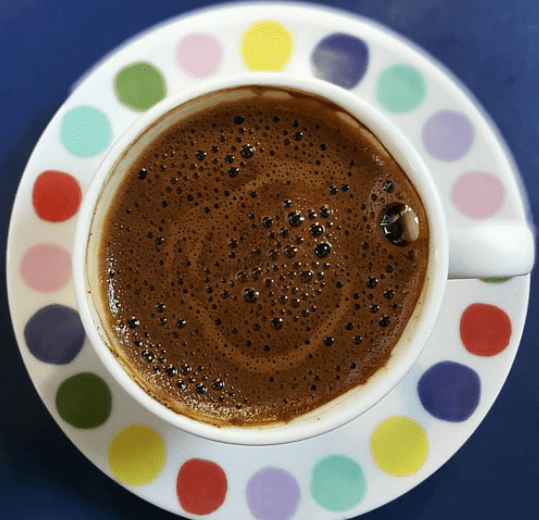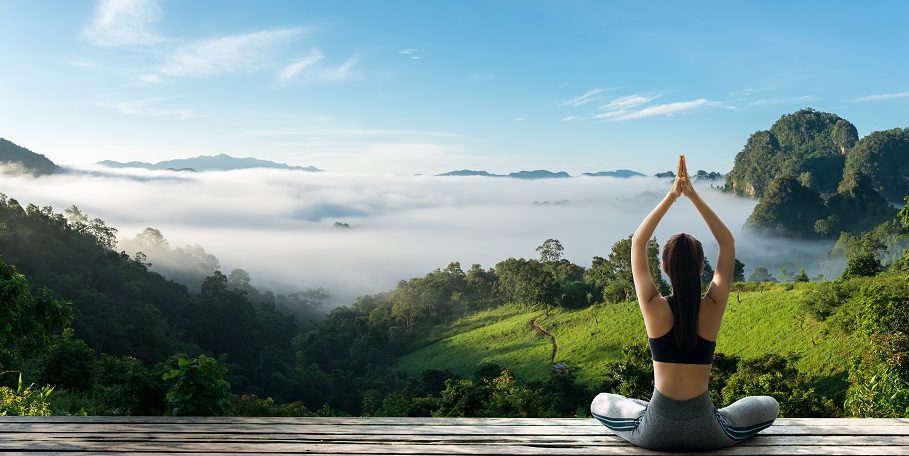(September 16, 2021) A rich dark liquid has captured the imagination of an entire generation, greasing the wheels of economies across the globe. Not only is it one of the most traded commodities, there are legitimate fears that its demand may outweigh supply. But, for now, there’s there’s just enough for everyone to enjoy. No, we’re not talking about oil, but coffee.
In India alone, more than two million cups of coffee are consumed every day, and for many, kick-starting their day without it is non-negotiable. Whether it is getting on the Dalgona coffee bandwagon (a pandemic favorite), or the daily brew at home, India’s coffee lovers’ choice in brew range from the traditional filter kaapi in the South to the average instant powders available in local stores.

Cafe & coffee culture has become a sensation in the recent past
In fact, coffee as a culture has permeated into the homes of young millennials and Gen-Zers in India. To them, a cup of Starbucks coffee is more than just a morning pick-me-up, it is a statement. The Gen Z generation continues to ride a trend that has been popular for a while now: They do not only want their coffee, but an experience to go along with it.
Here’s what a new generation of coffee drinkers want from their cup of ‘joe:
Transparency
Millennials and Gen Z are not only concerned with great-tasting coffee, they both also want to know if the coffee brand they patronize is making positive contributions to the world through social initiatives. Whether it is sustainability or community-based programs, transparency is what drives them to back a brand. They also want a story they can associate with, one that involves a clear brand ethos that they can promote on Instagram, along with their coffee cup and croissant. This has prompted coffee shops, which serve as a conduit between coffee labels and consumers, to invest heavily in creating an experience through packaging, merchandise and Instagrammable décor.

Is your coffee Instagram friendly?
Top quality
Millennials and Gen Zers have tall expectations when it comes to consuming quality organic food that’s sourced and produced both ethically and sustainably. Whether it is visiting a coffee shop and purchasing an Americano, a croissant, or even a sourdough sandwich that they may pick up for lunch, this generation of coffee drinkers expect their beverage offerings to come from quality sources that don’t harm the environment at large.
Healthy alternatives
The current generation is all about buzzwords. Most Gen Zers are quick to read labels on coffee packaging before they spend their hard-earned money. Catch-words like all-natural, low-calorie, organic, vitamin-enhanced, among others, are what grabs this generation’s interest. There’s pressure on coffee shops to stock clearly-labelled healthy choices on their shelves.
Cold brew, a hot trend
Over the past few years, chilled beverages, and we’re talking iced coffee, have become a big hit with the current generation, who are driving sales for great quality, specialty coffee concoctions. According to a research conducted by Millennial Marketing, it was established that:
- Millennials consume twice as much iced coffee as compared to Generation X.
- Millennials have been instrumental in bumping up the popularity of cold brew sales, resulting in exponential revenue.
- Most millennials prefer an iced latte over other variants.
It is important to note that the demand for chilled gourmet coffee products has also stoked the trend for cold brew coffee, among millennials and Gen Zers. Cold brew, which is not necessarily a standard cup of coffee, is a lot cooler and is extracted through a slower extraction method (typically 24 to 48 hours) that helps make the bean flavors more potent, while minimizing the bitter bite and acidic jolt that is usually associated with a regular cup of coffee. It helps take the coffee to another level, from a staple to an artisan or craft beverage that is in conjunction with the flavor profiles millennials want. It is also about higher-quality ingredients and flavor experiences.

If you draw your attention to Indian coffee globally, the quality of Indian coffee has a darker share, which is not appreciated enough. In fact, most of us aren’t even aware that India is the sixth largest coffee exporter worldwide. A brand-new wave of cafes and coffee retailers are not only restricting themselves to roasting and serving quality coffee but are committed to providing customers the option to choose their beans and brew them through various techniques. In fact, a number of them are taking things up a notch by organizing coffee-centered events. Therefore, it’s safe to say that Indian coffee culture has not only fueled conversations about the brew, but has become the center of the conversation itself.
Discover more fascinating Stories


